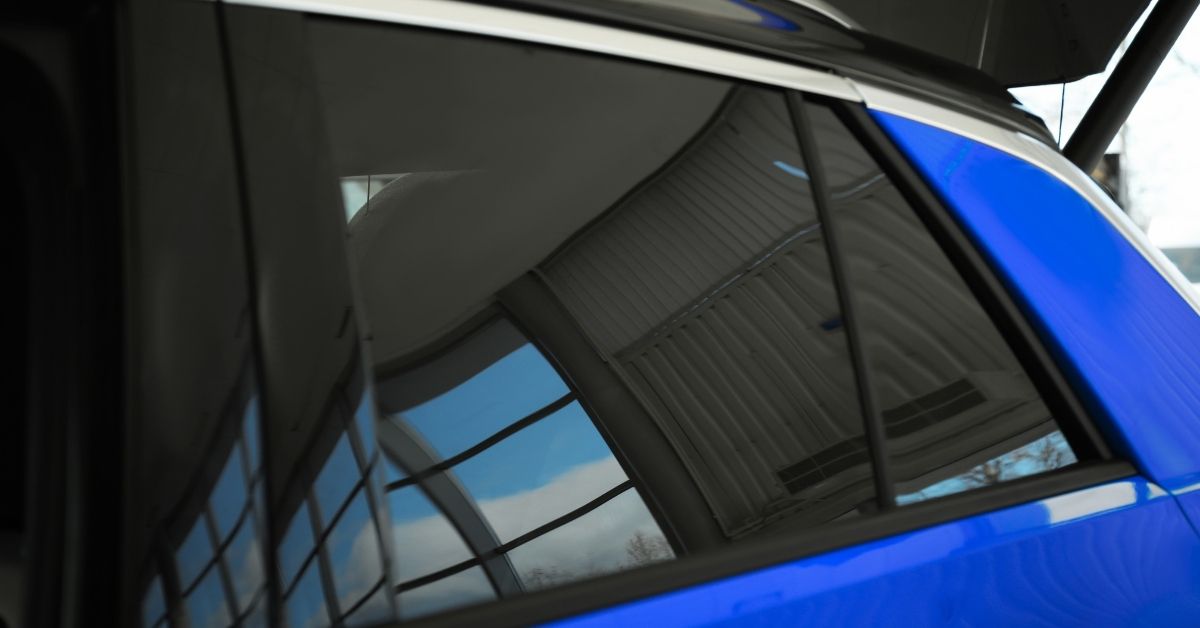Paint Protection Film (PPF) is an excellent way to safeguard your vehicle’s paint from rock chips, scratches, UV rays, and other environmental damage. However, if you’re considering a DIY installation, there’s one critical factor you should be aware of—most manufacturers will not honor the warranty on self-installed PPF.
PPF is an investment in your vehicle’s longevity and appearance, but improper installation can lead to peeling, bubbling, poor adhesion, and reduced durability. In this article, we’ll explore why PPF manufacturers require professional installation for their warranty coverage and why it’s in your best interest to have it done by an expert.
What Does a PPF Manufacturer’s Warranty Cover?
High-quality PPF brands offer warranties that typically cover:
- Peeling or Lifting – If the film separates from the paint due to material defects.
- Yellowing or Discoloration – Protection against UV-related fading or chemical damage.
- Cracking or Delamination – Ensuring the film remains intact and doesn’t degrade over time.
- Staining or Adhesive Failure – Coverage if the film does not perform as intended under normal conditions.
However, these warranties only apply if the PPF is installed by an authorized professional.
Why DIY PPF Installations Are Not Covered Under Warranty
1. PPF Requires Professional-Grade Equipment
Professional installers use computer-cut templates, heat guns, squeegees, and high-end solutions to ensure a precise and bubble-free installation. DIY kits often lack these tools, leading to imperfections and misalignment that compromise the film’s longevity.
2. Improper Installation Can Cause Film Failure
Common DIY mistakes include:
- Trapped Air Bubbles & Wrinkles – Poor application can result in visible defects that weaken the film’s adhesion.
- Misalignment – Cutting PPF incorrectly or failing to wrap edges properly can lead to early peeling and exposure to dirt and moisture.
- Inconsistent Adhesion – Without the right technique, the film may not adhere uniformly, increasing the risk of lifting.
Manufacturers will not replace film that has been incorrectly applied, even if the material itself was in perfect condition before installation.
3. Certified Installers Follow Manufacturer Standards
PPF brands require factory-certified training for authorized installers. This ensures that every application meets the manufacturer’s guidelines, preserving the film’s durability and performance. If you install PPF yourself and something goes wrong, the manufacturer will assume user error, not product defect.
4. Environmental Factors Matter
Professional installations take place in dust-free, climate-controlled environments, ensuring perfect adhesion. DIY installations at home expose the film to dust, dirt, and humidity, leading to contamination and premature failure—which is not covered under warranty.
Manufacturer Policies on DIY PPF Warranties
Here’s how leading PPF manufacturers handle warranties when it comes to DIY installations:
- XPEL – Requires installation by an authorized installer for the warranty to be valid.
- 3M – Offers warranties only if installed by a certified professional.
- SunTek – States that improper installation will void coverage for defects and longevity issues.
- STEK & Kavaca – Do not cover DIY applications under warranty.
If you choose to install PPF yourself, you’re fully responsible for any problems that arise, and the manufacturer will not replace the film.
The Cost of DIY vs. Professional Installation
Many car owners turn to DIY PPF kits to save money, but the risks outweigh the savings.
DIY Installation Costs:
- $200–$1,000 for a DIY PPF kit.
- $50–$200 for tools and cleaning solutions.
- Uncovered warranty = Full replacement cost if something goes wrong.
Professional Installation Costs:
- $500–$8,000 depending on coverage (partial vs. full PPF).
- Includes warranty protection covering peeling, yellowing, and adhesive failure.
- Lasts up to 10 years, ensuring long-term value.
A failed DIY installation means wasted money, requiring you to either reinstall another kit or pay for professional correction.
Why Professional PPF Installation Is the Best Choice
✅ Full Warranty Coverage – Your PPF investment is protected, ensuring it performs as intended.
✅ Flawless Application – No bubbles, wrinkles, or peeling that could occur with DIY installation.
✅ Long-Term Durability – Professionally installed PPF lasts 5–10 years with proper care.
✅ Time-Saving – Professionals complete the job efficiently, while DIY attempts often lead to frustration and do-overs.
Final Verdict: Protect Your Investment with Professional Installation
While DIY PPF kits may seem like a cost-effective solution, they come with serious risks—including no manufacturer warranty, improper adhesion, and film defects caused by poor application.
If you’re investing in paint protection for your vehicle, it’s worth having it done by a certified professional to ensure a flawless finish, long-term durability, and full warranty protection.
👉 Want your PPF installed the right way? Contact us today to schedule a professional PPF installation with full warranty coverage! 🚗✨
